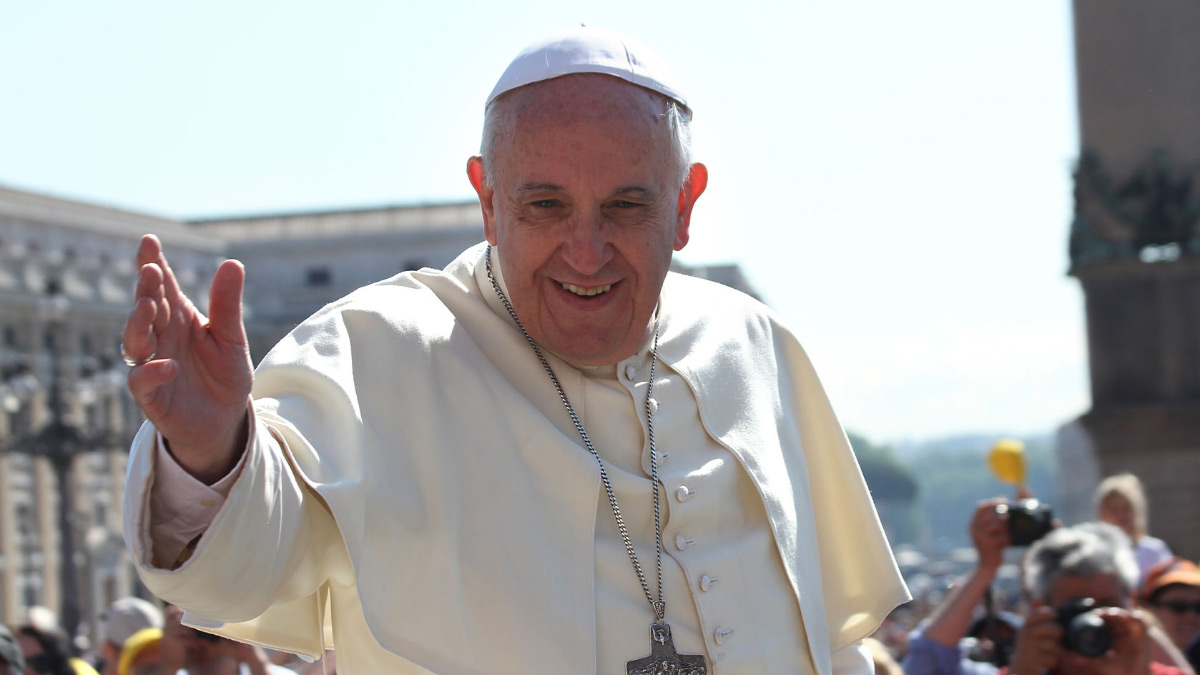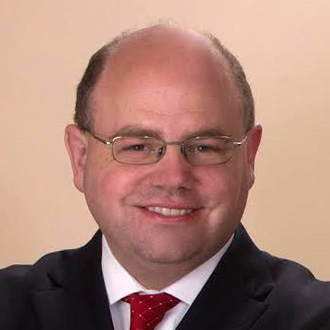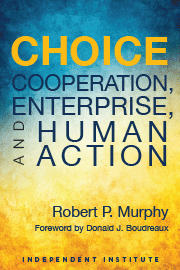At the recent World Economic Forum in Davos, Switzerland, Cardinal Peter Turkson delivered a speech for Pope Francis, in which the pontiff offered a moral guidance for advancing the conference’s theme: “creating a shared future in a fractured world.” Although inspired by concern for the poor and the marginalized, the Vatican’s message is seriously flawed.
On a conceptual level, Pope Francis posits a false dichotomy between economic freedom and human rights. In his prepared remarks, the pope said, “It is vital to safeguard the dignity of the human person, in particular by offering to all people real opportunities for integral human development”—all well and good. But he then quoted from a 2016 address: “Economic freedom must not prevail over the practical freedom of man and over his rights, and the market must not be absolute, but honour the exigencies of justice.”
This perspective, though quite popular, is utterly confused. Genuine human rights include what is called property rights. Or to put it another way, since it is humans who own property, the defense of property rights is the defense of human rights.
What does the concept of “economic freedom” entail? It means freedom to work in any occupation of one’s choice, without permission from the government, and certainly without being conscripted into service against one’s will. It means the freedom to start a business. It means the freedom to keep what you have produced, without having your assets seized by a rapacious regime. It means the freedom to trade with people who live in another country. It means the rule of law, where contracts are interpreted fairly and government officials can’t exercise arbitrary power. Economic freedom also means a sound money, so that people can make long-term investments without fear that the government will debase the currency.
Of course, all governments routinely violate the above precepts to a greater or lesser extent. Nobody on planet Earth currently enjoys complete economic freedom. However, we can still rank countries on these and similar criteria. When rigorous statistical studies compare measures of material well-being, they find that the most prosperous countries are associated with the most economic freedom.
When a government commits human rights abuses, it is necessarily impinging on property rights. We recoil in horror from state-sponsored murder, political imprisonment, and suppression of dissent because we perceive them as evils, not because they slow GDP growth. But this in no way undermines the notion that “human rights” and “economic freedom” are closely tied. If a political regime censors newspapers or sends agitators to work camps, it is by that very fact also violating their economic freedom and undermining their ability to create wealth and prosperity.
Pope Francis is mistaken about the state of the world’s poor. Even worse, his remarks perpetuate the myth that globalization and free markets have hurt the world’s poor. His message implies that self-interest, the driver of market forces in each individual economic actor, is at least partly responsible for “the spread of poverty and injustice,” and that government intervention is necessary to help the poor share in the gains accrued by the powerful.
Yet the facts demonstrate otherwise. As the World Bank reports, the global “extreme poverty” rate in 1990 was cut in half by 2010. Back in 1990, 1.85 billion people lived on less than $1.90 per day, but by 2013, the figure had dropped to 767 million such people—meaning that more than a billion people had been lifted out of crushing poverty.
The goal now is to virtually eradicate extreme poverty around the globe. The fact that this goal is within reach, and even on a pessimistic view will be attained no later than 2030, belies the bleak vision painted by Pope Francis and other critics of freer markets and globalization.
It is laudable when anyone wants to help the poor, but good intentions must be coupled with understanding and wisdom about how the world works. Despite Pope Francis’ remarks to the contrary, economic freedom is a necessary condition for the respect of human rights, and history shows us quite clearly that the market economy is the best engine for delivering widespread prosperity.










